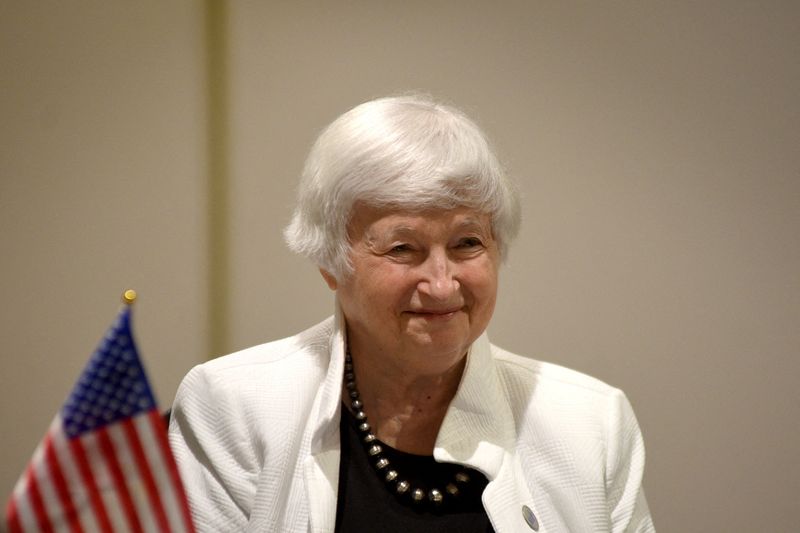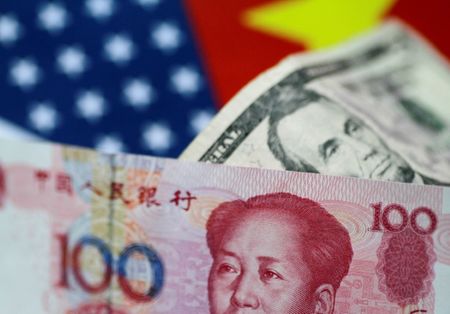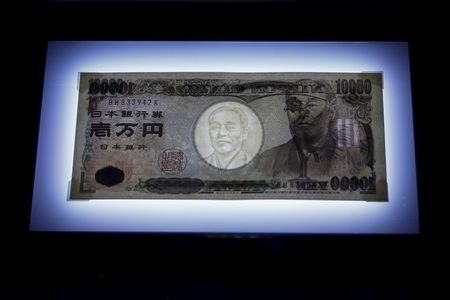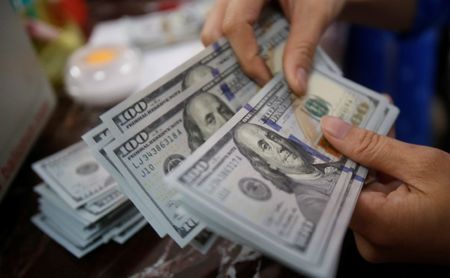The euro stood by a 15-year high on the yen on Thursday in anticipation of sticky European inflation figures, while the dollar was squeezed ahead of consumption, inflation and jobs data that could add to evidence of a softening economy.
A marginally better-than-expected Chinese manufacturing survey kept the yuan, Australian dollar and New Zealand dollar steady in Asia trade, though all three are set for sizeable monthly drops on worries about China’s economic slowdown.
The Aussie traded 0.2% firmer at $0.6485 and the kiwi, down 4% for August, held at $0.5960. The yuan traded at 7.2895 per dollar for a 2% monthly loss.
The euro hovered at $1.0922, after gaining 0.4% on Wednesday when higher-than-expected inflation numbers in Germany and Spain pointed to a hit Europe-wide reading due on Thursday.
Traders have priced in an increased chance of a rate hike in Europe next month of about 50-50, and the euro has made a new 15-year high of 159.76 per yen, though analysts think further gains would need substantial improvement in the economy.
“If a weaker dollar is only likely when the signs of slower growth are clear, a stronger euro is only likely when the current gloom about the economy eases,” said Societe Generale (OTC:SCGLY) strategist Kit Juckes.
Sterling, which followed the euro’s gains likewise was firm $1.2723, though both sterling and the euro are also set for monthly drops against the dollar in August.
Dollar gains have been fuelled by an expectation that interest rates linger longer at elevated levels, but have pared this week on glimpses of cooling spending and hiring in the U.S.
The dollar index, while still up more than 1% for August, has fallen 1% for the week so far.
U.S. personal consumption data and core PCE – which is the Federal Reserve’s favoured inflation gauge – are due later on Thursday.
Overnight the Commerce Department revised down second-quarter growth to 2.1% from an estimate of 2.4%. U.S. payrolls data is due on Friday and second-tier figures this week such as job openings and private payrolls have pointed to softness.
“Job openings have come off very sharply over the last three months,” said Steve Englander, head of G10 FX research at Standard Chartered (OTC:SCBFF). “We think this will continue, and there may even be further downward revisions to hires and job openings(giving the Fed) plenty of reason to sit on its hands.”
Two-year Treasury yields are down about 17 basis points (bps) to 4.888% this week and Fed funds futures imply about a 40% chance of a hike by year-end, compared with about 55% at the start of the week.
The dollar’s pullback, along with wariness of government intervention, has steadied the yen. It is 2.5% lower on the dollar this month and down 10% for the year, but has found some traction around 146 yen per dollar.
Japanese data was mixed on Thursday, with 6.8% year-on-year growth in retail sales handily beating a forecast of 5.4%, but factory output slumping. A rare strike at a department store in Tokyo foreshadows, perhaps, upward pressure on wages, though division among policymakers suggests a response is a ways off.
The dollar last traded at 145.87 yen. Bitcoin, which has surged this week on a court ruling that bolstered prospects for a bitcoin exchange-traded fund, eased a little to $27,251.
Source: https://www.investing.com/news/economy/euro-jumps-on-inflation-while-dollar-braces-for-jobs-3164811




